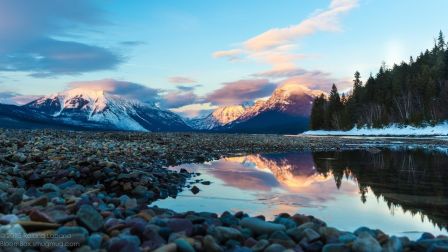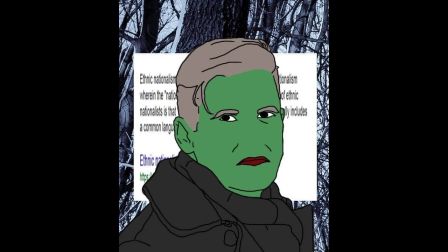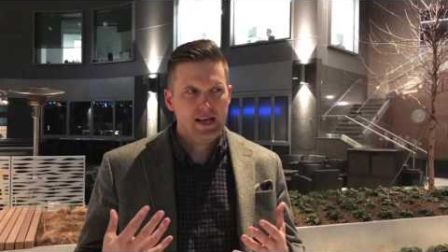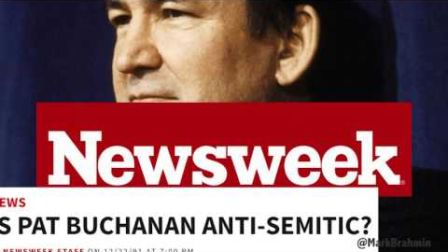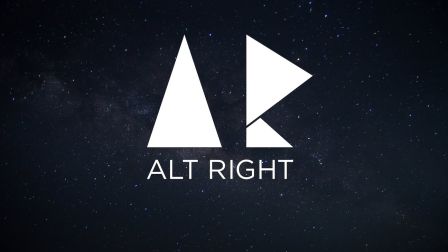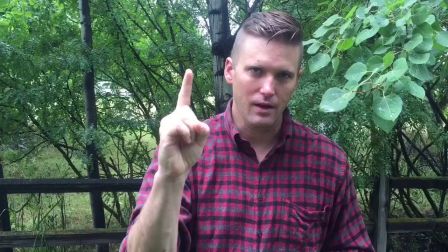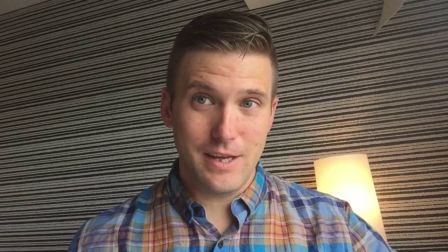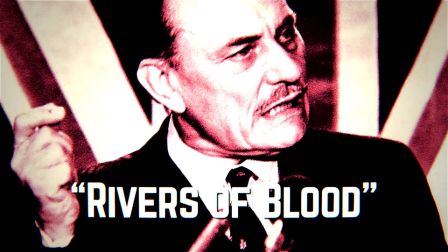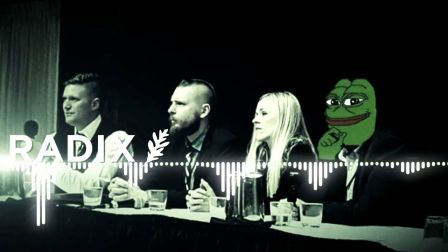
www.nationalpolicy.institute/WhoAreWe
* * *
Who Are You?
I'm not talking about your name or occupation.
I'm talking about something bigger, something deeper. I'm talking about your connection to a culture, a history, a destiny. An identity that stretches back—and flows forwards—for centuries . . . an identity you can glimpse in the face of a grandparent, or your child . . . An identity you know through experience . . . through people . . . through places . . . through music.
Our ancestors had a strong sense of their identities. They could say: I'm a Roman . . . a Saxon . . . a Dane . . . Some could say I'm a European. To be exiled from their communities and identities was a fate worse than death.
Today, we seem to have no idea who we are . . . We’re rootless . . . We've become wanderers . . . perhaps, we'll also become seekers.
Who are we?
We are often told that being an American—or a Briton or German or any European nationality—is about being dedicated to a collection of abstractions and buzzwords: democracy . . . freedom . . . tolerance . . . multiculturalism . . .
But a nation based on "freedom" is just another place to go shopping. It's a country for everyone . . . and thus a country for no one . . . it's a country in which we ourselves have become strangers.
Man doesn't live, and man doesn't die, for abstractions like "freedom." Man lives and dies for a homeland . . . for a people and its future . . . for beauty . . . for the power of being part of something bigger than one's self . . .
Who are we? We must cut to root of it.
We aren't just “White.” "White" is a checkbox on a census form. We are part of the peoples, history, spirit, and civilization of Europe. This legacy stands before us as a gift . . . and a challenge.
For what our ancestors took for granted, we must discover and we must renew.
Some might say that our task is impossible. That we're swimming against the tide . . . going against the grain . . . living against the time. And we are.
But nothing necessary is impossible.
So long as we avoid and deny our identity—at a time when every other people is asserting its own—we will have no chance to resist our dispossession . . . no chance to find another horizon . . .
So now the real question is, are you ready to become who we are!?

